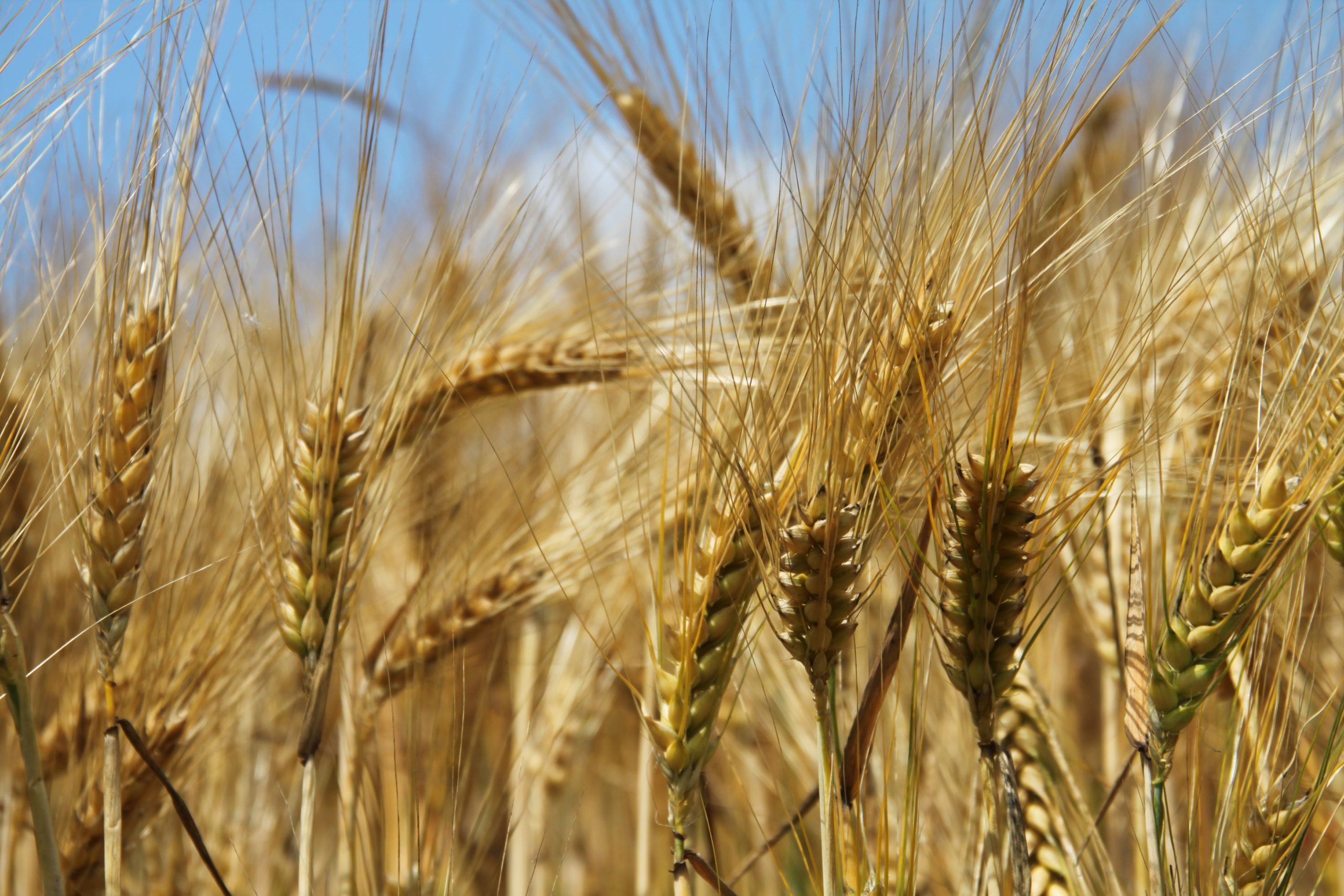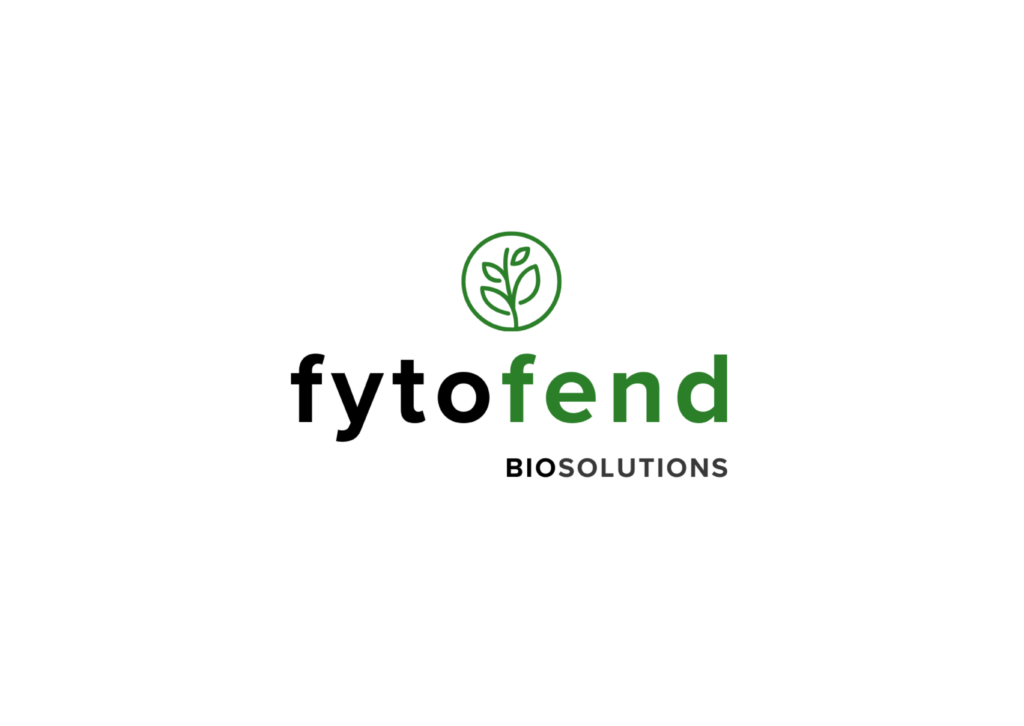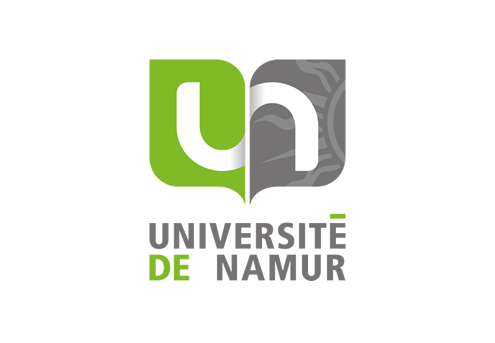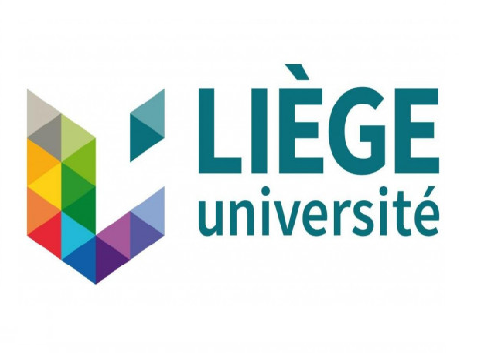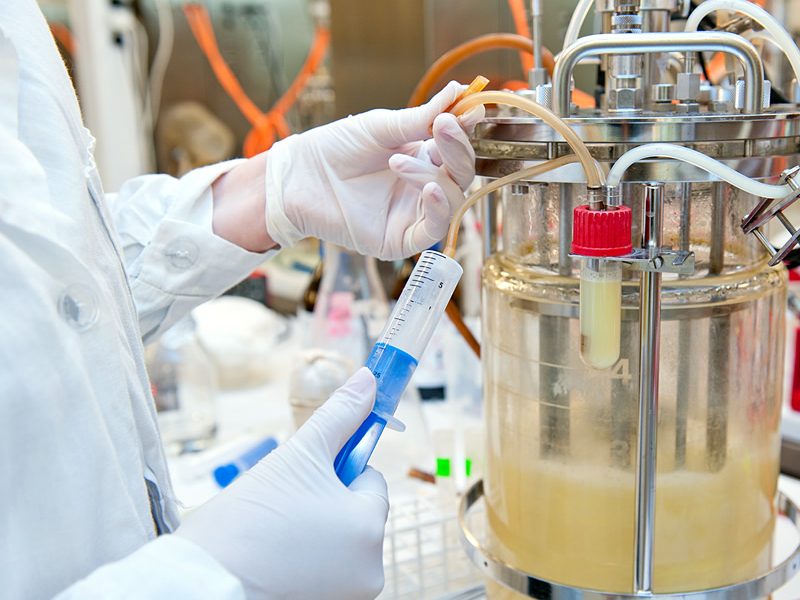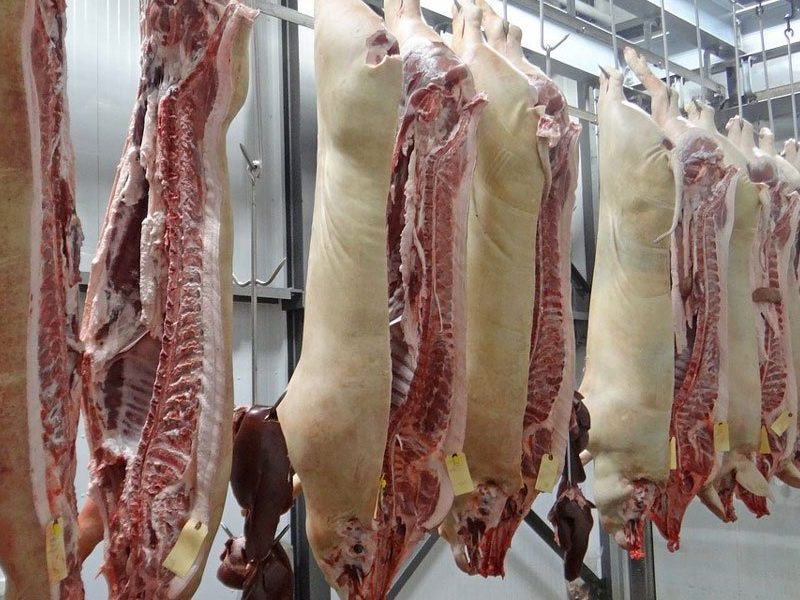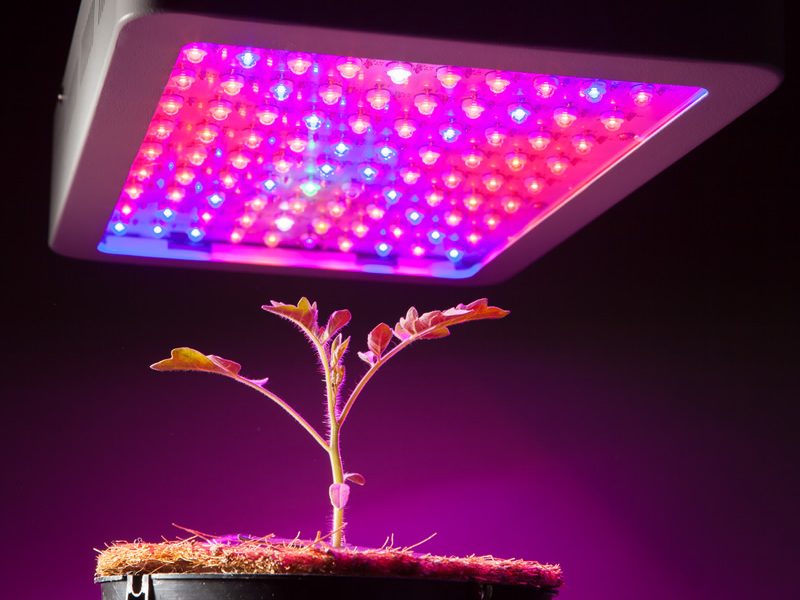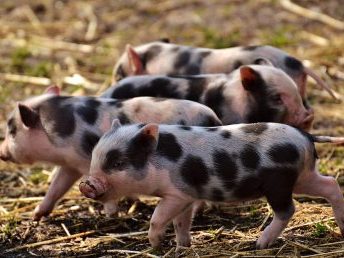“Development of enzymes by synthetic biology for the production of new biosourced elicitors for agricultural use”
Wheat is one of the most important crops in the world along with corn and rice. However, it is unfortunately prone to disease, such as septoria, fusarium and rusts. Septoria alone can cause up to a 40% yield loss , eventhough 5-10% losses, on average, are more often reported.
Currently, there are no biological or low-risk alternatives to control these diseases. Wheat protection is therefore entirely provided by chemical solutions. However, the resistance to the chemical molecules used is a growing issue. One solution is to stimulate the plants’ innate immunity.
Indeed, plants have an innate immune system whose responses induced by pathogens allow them to cope with external aggressions. This global response is based on membrane receptors that recognise conserved molecular patterns belonging to microorganisms that are often pathogenic or to plant cell degradation products. These same membrane receptors trigger defence responses. The elicitors do not target pathogens but rather the plant immune system, in which they stimulate natural defence mechanisms.
The ELITHE consortium is thus proposing a breakthrough innovation by developing the first biobased elicitor for wheat cultivation.
This project is colabelled with the Greenwin cluster.


